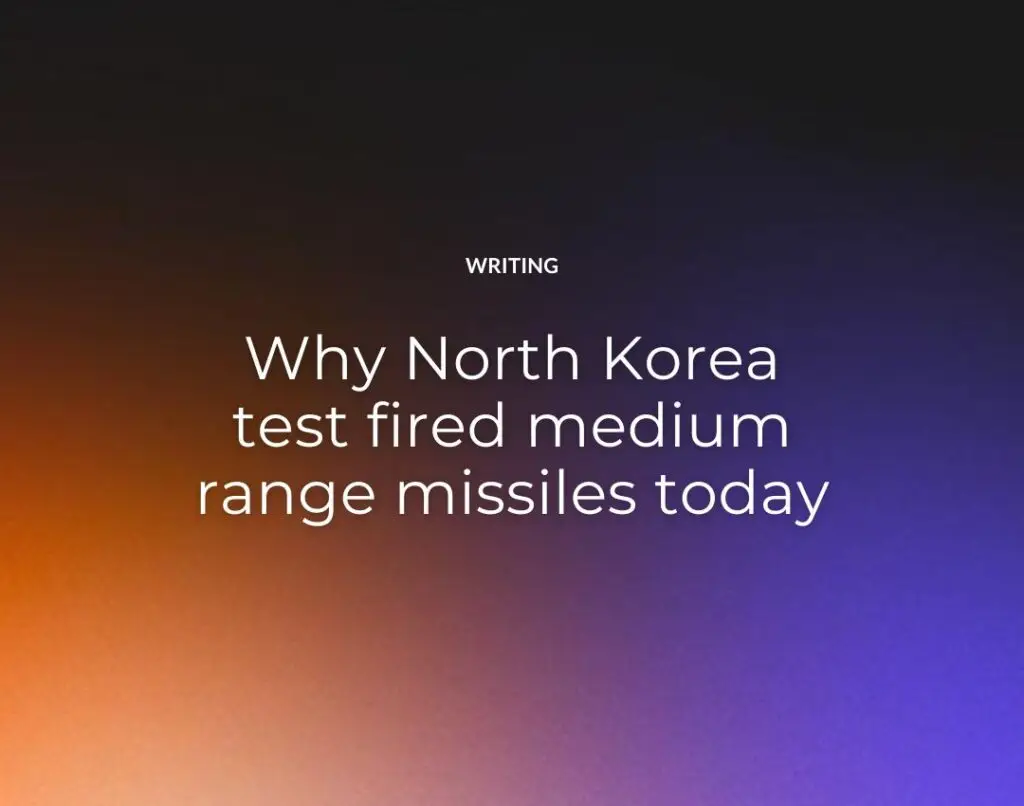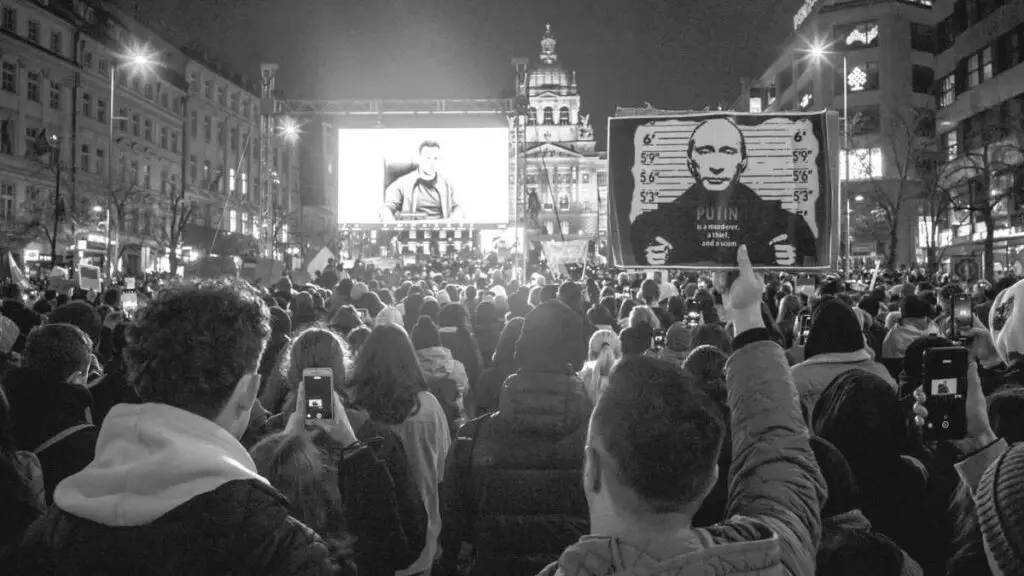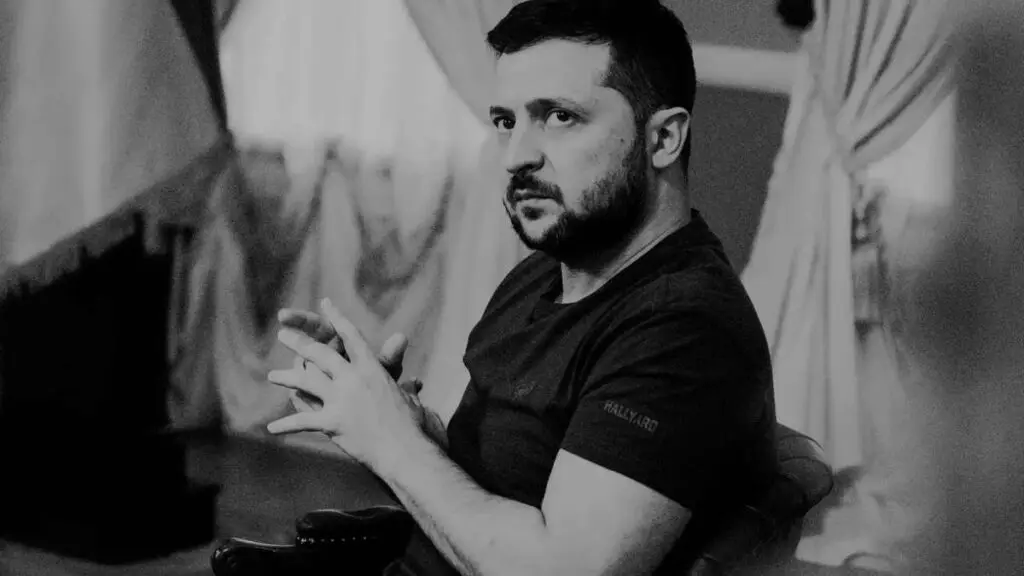By Geoffrey Cain
PRI’s The World
Mar 26, 2014
SEOUL, South Korea — Every few months, North Korea tests short-range rockets, hurling them into the sea with hardly a glance from the rest of the world. The frequency of those launches, however, has increased dramatically in the past month. On Saturday alone, Kim Jong Un’s military fired off 30, as if they were bottle rockets.
And today, the garrison kingdom raised the throttle significantly, shooting off what South Korea believes were two medium-range Rodong ballistic missiles. If true, the launch would violate United Nations resolutions. The pair of rockets flew off the east coast toward Japan, landing in the ocean, Seoul said.
Pyongyang hasn’t tested the Rodong since 2009, when the UN condemned its second nuclear test.
In theory, the Rodong missiles can reach US bases in Japan, although experts say North Korea probably hasn’t mastered the technology to miniaturize nuclear weapons, needed to mount them on rockets.
It’s not possible for outsiders to say why North Korea chose to test a Rodong missile at this time. But its launch coincides with a number of potential irritants for the regime.
One is the annual live-fire military exercise involving South Korea and the US, which Pyongyang has repeatedly called preparation for an invasion. Four years ago today, North Korea is accused of sinking a South Korean naval vessel, at a moment of tension during US-South Korean military exercises.
On Tuesday, President Obama met with Japanese Prime Minister Shinzo Abe and South Korean President Park Geun-hye at The Hague, telling journalists that the three nations would present a “united front” to the North Korean nuclear threat.
This was the first time the three allies met together following a year of knotty relations between Seoul and Tokyo. After Japan elected nationalistic prime minister Shinzo Abe, Korean officials expressed dismay over what they perceived as Tokyo’s efforts to revise the history of World War II-era crimes against its neighbors.
Washington worried its Asian allies were becoming too fractious against the North Korean threat and an increasingly assertive China.
If a “unified front” isn’t enough to steam Kim Jong Un, it’s also possible that North Korea seeks international attention, and is asserting its position after a quiet few months, say other analysts.
Given the international media’s attention on Ukraine and the disappearance of flight MH730, the regime might feel “abandoned and forgotten,” said Leonid Petrov, a North Korea researcher at the Australian National University.
That makes it all the more appropriate to shoot off some really big bottle rockets.
The article was originally published in PRI’s The World
See Also:






